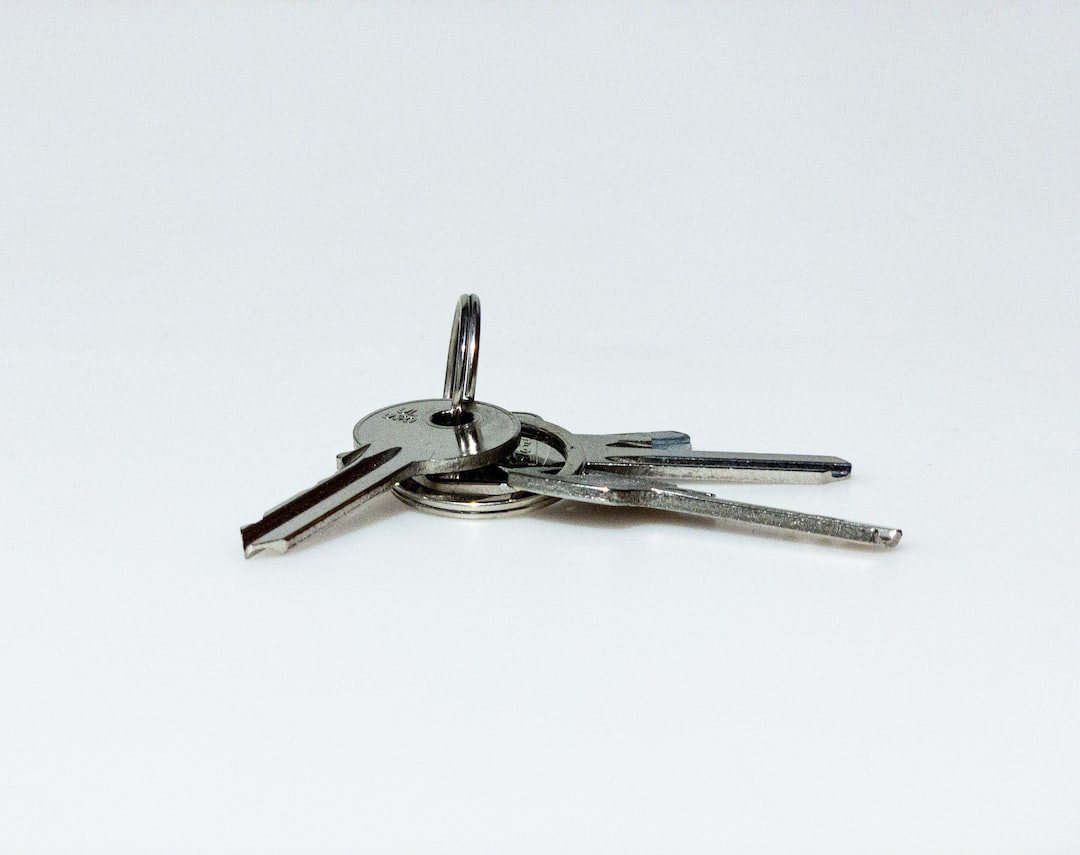Buying a fixer-upper can be an exciting and rewarding investment opportunity. Whether you’re a first-time homeowner on a budget or a seasoned investor looking for a new project, there are a few key factors to consider when searching for the perfect fixer-upper. In this blog post, we will discuss the important things to look for when buying a fixer-upper.
First and foremost, it’s essential to evaluate the location. The old saying “location, location, location” holds true, especially when it comes to real estate. Look for a fixer-upper in a desirable neighborhood with amenities such as good schools, parks, shopping centers, and easy access to transportation. Remember, even the most beautifully renovated home won’t be worth much if it’s in a less-than-ideal location.
Once you have narrowed down the location, start examining the property itself. Look for signs of major structural damage. While most fixer-uppers will require some level of repairs, it’s important to assess the extent of the work needed. Issues like a cracked foundation, mold, and water damage can quickly turn a dream renovation into a financial nightmare. If the repairs seem overwhelming, it may be best to move on to the next property.
Additionally, pay attention to the layout and size of the house. Consider your long-term plans for the property. Does it have enough bedrooms and bathrooms to accommodate your family or potential tenants? Is there enough space for the renovations you have in mind? Analyzing the layout can help you determine if the property is a good fit for your needs. Keep in mind that some modifications, such as altering load-bearing walls or adding extra square footage, can be costly and require permits.
Another crucial aspect to consider is the cost of repairs. While it’s impossible to know the exact amount you’ll need to invest in renovations until a professional assessment is conducted, it’s still crucial to estimate the potential costs. Look out for obvious repairs like outdated electrical systems, plumbing issues, and a worn-out roof. These are all costly repairs that can significantly affect your budget. Be sure to thoroughly inspect the property with a contractor or home inspector to get accurate estimates.
Furthermore, consider the potential resale value of the fixer-upper. The real estate market is constantly changing, so it’s essential to analyze the neighborhood’s appreciation rates and recent sales of comparable properties. If you’re investing in a fixer-upper as a long-term home, you may have more flexibility in terms of the resale value. However, if you’re planning to flip the property, be aware that the risks are higher as you’ll need to sell it for a profit within a relatively short period.
Lastly, don’t forget to factor in the time and effort you’re willing to invest in the project. Renovating a fixer-upper is a process that requires patience, dedication, and a significant time commitment. Be realistic about your DIY skills and your ability to manage contractors, permits, and unforeseen delays.
In conclusion, buying a fixer-upper can be a potentially profitable venture if approached wisely. Carefully evaluate the location, assess the extent of repairs needed, consider the property’s layout and size, estimate the cost of renovations, analyze the potential resale value, and be aware of the time and effort required. By doing your due diligence and considering these factors, you can find the perfect fixer-upper to turn into your dream home or a lucrative investment opportunity.

